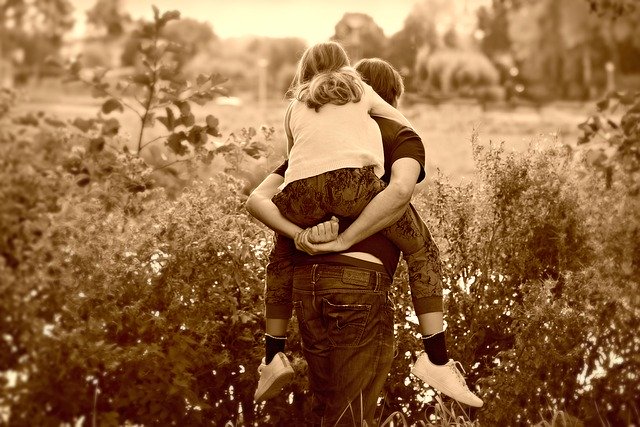Childhood nocturnal enuresis or ‘bedwetting’ is a common problem all over the world that affects people of all ages.
By definition, Childhood Nocturnal Enuresis technically does not begin before the age of 5 years.
It affects approximately 15 – 20% of 5 year olds and continues into the teenage years in 1-1.5% of the population according to various studies. By the adolescent stage it has often become a huge emotional problem. Anxiety, embarrassment, frustration and loss of self esteem all set in and can mark the normal social and emotional development of the adolescent.
There are still many parents who do not consult a doctor or seek help for their child, as they believe the bedwetting to be caused by laziness on the part of the child, or drinking too much close to bedtime, or just plain heavy sleeping patterns. This is very much a fallacy and proper treatment should be sought out.
What causes bedwetting?
Enuresis has no clear etiology, or cause. It is hypothesized to be related to genetics, sleep arousal dysfunction, maturational delay, stress, poor toilet training, altered smooth-muscle physiology, and occasionally organic causes. Maturational delay is supported by the fact that 5% of children become dry at night per year after age 5 without intervention. One theory suggests that the development of the central nervous system recognition of and response to full bladder is delayed in some bedwetters.
Whatever the cause, the problem exists, and there are a number of treatments or treatment programs that may be effective for children, adolescents, and even adults suffering from enuresis. We strongly encourage parents and carers to seek out an effective bedwetting alarm as the conditioning effect it has on the bedwetter will reap benefits for years to come.
Bedwetting alarms are the first-stop treatments that currently appear to work best in the long term. Complex intervention programs such as dry bed training can also show positive results. Some consultants may even advocate drugs which may also provide positive results. However, the adverse effects of alarm therapy, such as tiredness, are relatively insignificant when compared with the adverse effects of drugs.
For more info on the Nighthawk Bedwetting Alarm or to see some reviews from our customers, check out our Facebook
Alternatively, check us out on our Youtube or Amazon @ Nighthawk Bedwetting


